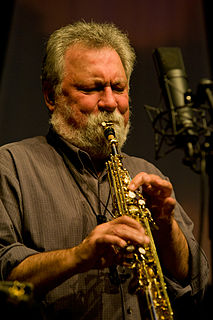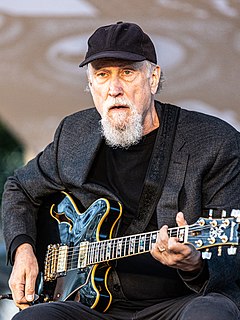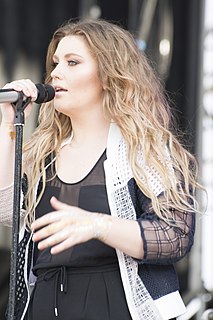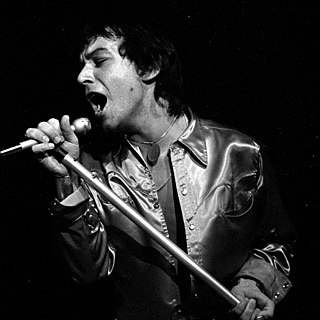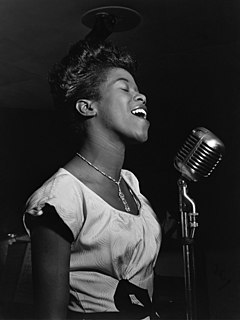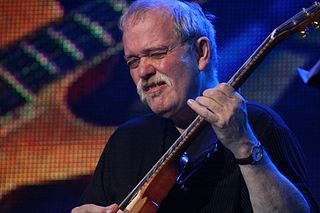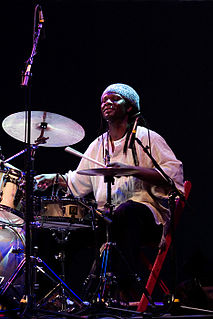A Quote by Evan Parker
We all listened to a lot of recorded music, especially American jazz, modern jazz, and that's where our studies were and our inspiration came from.
Related Quotes
I listened to classical music. I listened to jazz. I listened to everything. And I started becoming interested in the sounds of jazz. And I went to a concert of Jazz at the Philharmonic when we lived in Omaha, Nebraska, and I saw Charlie Parker play and Billie Holiday sing and Lester Young play, and that did it. I said, 'That's what I want to do.'
I visited New York in '63, intending to move there, but I noticed that what I valued about jazz was being discarded. I ran into `out-to-lunch' free jazz, and the notion that groove was old-fashioned. All around the United States, I could see jazz becoming linear, a horn-player's world. It made me realize that we were not jazz musicians; we were territory musicians in love with all forms of African-American music. All of the musicians I loved were territory musicians, deeply into blues and gospel as well as jazz.
I grew up in the Great Depression, and the jazz artists and Dixieland musicians were at the core of our communications and enjoyment. They were not passing fancies. They are something that is, and will be, listened to again and again. I have a space of reverence for some of those old jazz stars such as Sydney Bechet and Louis Armstrong.
It seems all worlds of music - rock, blues, R&B, soul, hip-hop and others - are able to point to impromptu get-togethers as proud moments in their timelines, encounters that were recorded and created music of lasting impression. In the jazz tradition, there are a few, but none that has been revered for as long as Jazz at Massey Hall.
I don't know why people call me a jazz singer, though I guess people associate me with jazz because I was raised in it, from way back. I'm not putting jazz down, but I'm not a jazz singer...I've recorded all kinds of music, but (to them) I'm either a jazz singer or a blues singer. I can't sing a blues – just a right-out blues – but I can put the blues in whatever I sing. I might sing 'Send In the Clowns' and I might stick a little bluesy part in it, or any song. What I want to do, music-wise, is all kinds of music that I like, and I like all kinds of music.
